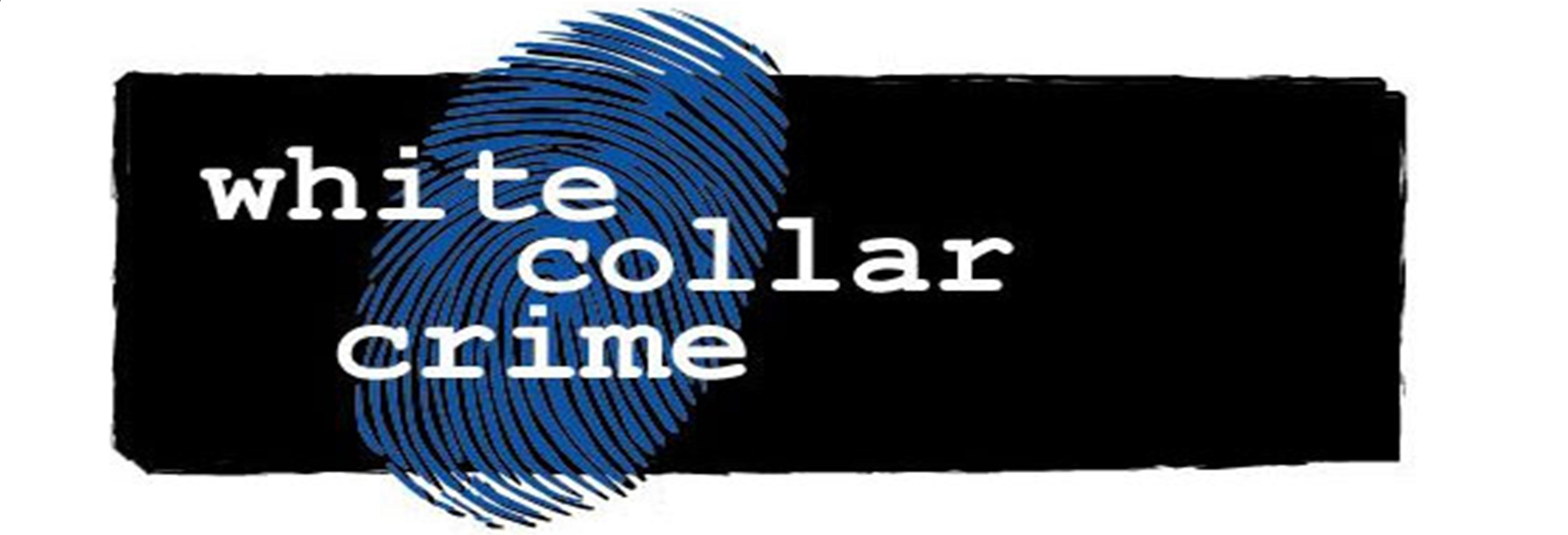Short Essay on the White Collar Crimes – Unfortunately in the last few years, there has been a consistent rise in the occurrence of serious frauds and white collar crimes globally posing a threat to the economic structure of the country.
Professor Edwin Hardin Sutherland was the first to introduce the concept of white-collar criminals who possess different characteristics and motives than typical street criminals and their illegal actions are not dependent upon the application or threat of physical force or violence.
White collar crimes refer to those anti-social activities which are committed by persons of respectability and high social status in the course of their occupation and profession. Such activities involve variety of injurious actions volatile of regulatory, civil or criminal laws.
ADVERTISEMENTS:
It has characteristics similar to that of corporate crimes like fraud, embezzlement, money laundering, infringement of copyright, bribery, counterfeiting, insider trading, computer crimes, forgery, tax evasion, adulteration etc.
E.H Sutherland defines a white collar criminal as a person of upper socio-economic class who violates the criminal law in the course of occupational or professional activities.
However, considering the situation in India, as also explained by Prof. Hugh Barlow, mostly white collar crimes are committed by the people of lower social strata in their occupational capacity for instance adulteration of milk by the milk man, selling adulterated food by the shopkeeper, selling expired medicine, taking out few kilos of gas from the cylinder etc.
ADVERTISEMENTS:
In fact many cases of insider trading, perjury, obstruction of justice, tax fraud, bribery, extortion etc. cannot always be said to be elite.
White Collar crime is more dangerous than any ordinary street crime because the financial loss to the society from white collar crimes can devastate an entire community rather than robbing a lone victim. White collar criminals are opportunists who take advantage of their circumstances to accumulate financial gain.
Our social system is corrupted by number of white collar crimes causing an irreparable damage to the society at large. The willingness to corrupt and capability of corrupting, both are present in a large measure in the industrial and commercial sector thereby nurturing the system of quasi corrupt Indian society to a complete corrupted one.
Moreover, the increase in the business transactions combined with the lack of legal control, effective internal control mechanism and adequate risk management strategies has forced the legislators to pass certain laws in India like Essential Commodities Act, 1955, Industrial (Development and Regulation) Act, 1957, Import and Export (Control) Act, 1947, Companies Act, 1956, Foreign Exchange (Regulation) Act, 1973, Central Excises and Salt Act, 1944, Prevention of Corruption Act, 1947, Income-tax Act, 1961, Customs Act, 1962, The Conservation of Foreign Exchange and Prevention of Smuggling Activities and Smugglers and Foreign Exchange Manipulators (Forfeiture of Property) Act, 1976.
ADVERTISEMENTS:
Despite passing such legislations, white collar crimes have grown commensurately in the nation and mostly go undetected, unprosecuted, and unpunished due to lack of police or authoritative efforts in implementation of such laws or sometimes the legislators and law implementers belong to the same class to which the occupational criminals belong.
Also such criminals are educated, intelligent, rich and confident enough to defraud their victims into believing and trusting in their credentials. Thus, it is important to discover suitable social defence resolutions to prevent, detect, investigate and prosecute such criminals and curb this increasing menace of white collar crimes without discouraging healthy business growth.

